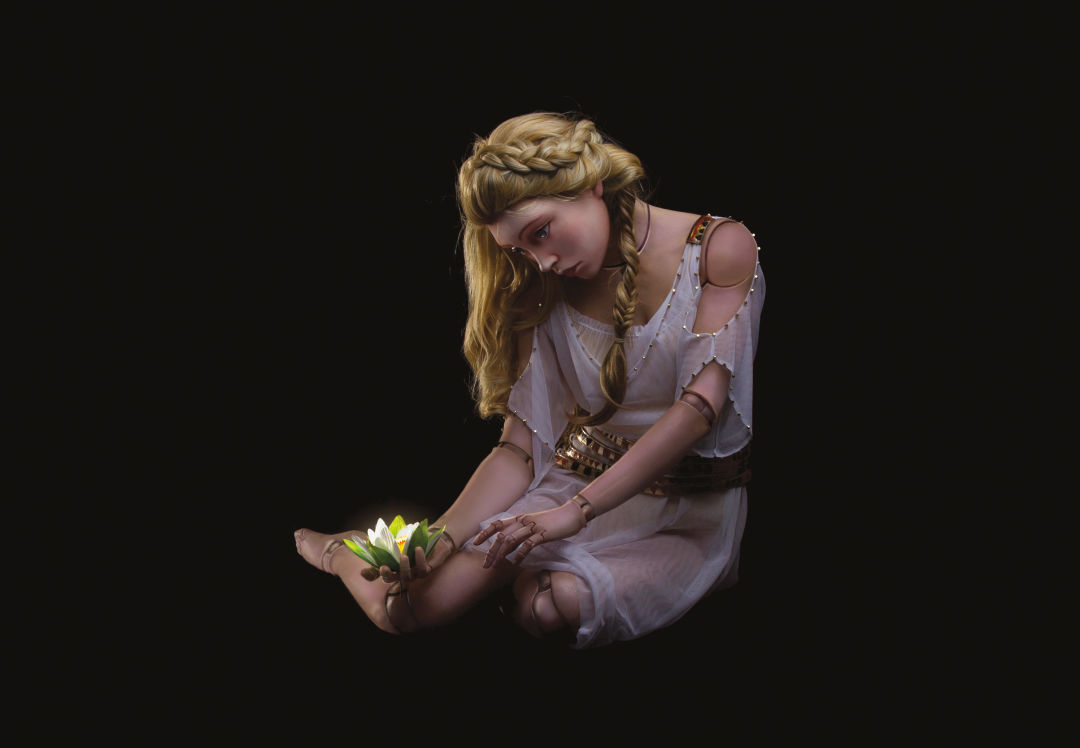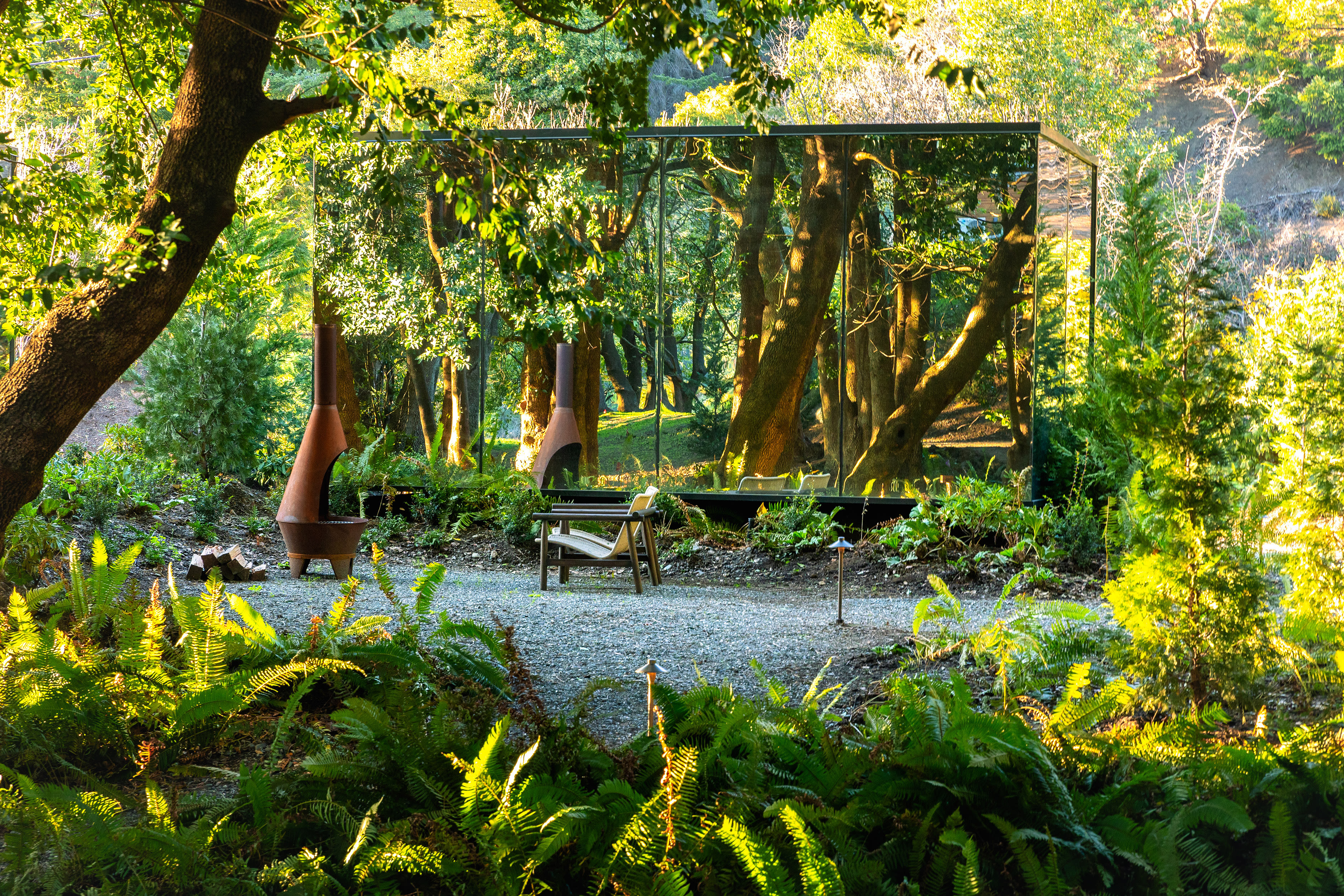Puppet Designer Michael Curry Takes His Master Skills to the Underworld

"Persephone was so manipulated, so I find puppetry a wonderful, sweet metaphor," says puppet designer Michael Curry. "She’s awkward and innocent as a child before she’s abducted, and I want to show that puppetry does a beautiful, whimsical sort of motion that we associate with our childhood."
Michael Curry went straight to the big time. While still in his 20s, the Oregon-raised puppet designer landed a six-figure gig building pieces for magicians Siegfried & Roy. He would go on to create puppets—often intricate, kinetic contraptions, huge in both scale and budget—for Cirque du Soleil, Broadway’s The Lion King, and Olympic ceremonies, even after moving back to Oregon.
But those high-profile assignments have a downside, says Curry, now 59: “I tend to get on an airplane to go to work, and I hate that.”
Not this time. Curry, who employs a 50-member team at a 75,000-square-foot facility in Scappoose, talks about his collaboration with the Oregon Symphony on this month’s production of Stravinsky’s Persephone, which deploys elaborate props, puppets, and masks to tell the tale of a goddess kidnapped and taken to the Underworld.
What makes Persephone a good fit for your puppetry?
Persephone was so manipulated, so I find puppetry a wonderful, sweet metaphor. She’s awkward and innocent as a child before she’s abducted, and I want to show that puppetry does a beautiful, whimsical sort of motion that we associate with our childhood. And in the second act, when she realizes what’s happened, she’s in a very human form and can emote in a different way, a more solemn way. How would you feel if you woke up down there, in the wormy roots of the tree, and this [god Pluto] is your husband?
What’s new about this show?
It modernizes what concert presentations can be. Our goal is to not get in the way of the music, which is beautiful, but to help tell this story. We’re working on some symbolic undercurrents and imagery to bring out some of the sinister nature from the original abduction myth, where the gods conspired to allow Pluto to get his concubine. For the astute viewer, there will be some subtext in there, but still very G-rated.
What draws you to Stravinsky’s music?
This was a mature piece for him—it’s all the motifs he’d developed in his earlier works. It’s really a beautiful survey of Stravinsky’s textures: all these landscapes, all these characters, all these colors, all these time signatures. I want the visuals to hear the music. The story is this aural landscape. I’m synesthetic enough that music turns to color turns to texture turns to time of day turns to the characters or the scenery.
What sorts of colors and textures?
It’s all about flowers. I’m using a verdant, green world, and the flowers will be bright, naturalistic colors. Then we take the audience under. The muses who’ve been following Persephone are now root people, glowing under blacklight. We will make it creepy but beautiful.
Why is puppetry your chosen art form?
I love this idea of the synthetic human. People are always focused when you deal with that contrivance of representation. They want to listen to that story; they want to watch that movement. When something fools the reptilian mind so thoroughly, it makes you that much more attentive. If I do it right, the audience will see this symbolic, mythological tale suddenly come to life and have a heart and be human, something you can have an affinity with.
Where does this work fit into the bigger picture—yours and Portland’s?
I always use these more experimental shows as an incubator for future ideas. I’m very excited about the ideas that have spawned from Persephone that I’ll get to expand on and incorporate into my more public work. I’m doing the South Korea Olympics opening ceremony in 2018 and Tokyo in 2020, and this idea of simultaneous symphonic-visual work is something I’m going to more actively push. I think Portland should embrace an experimental look at itself, because it is touted as being this young, energetic city now. I think the symphony ought to take note. I tell this to the opera and the ballet, too. Don’t mince around just trying to do commercial work that pays the bills. If you really want success, become notable. We’re treating that seriously here with this piece.




